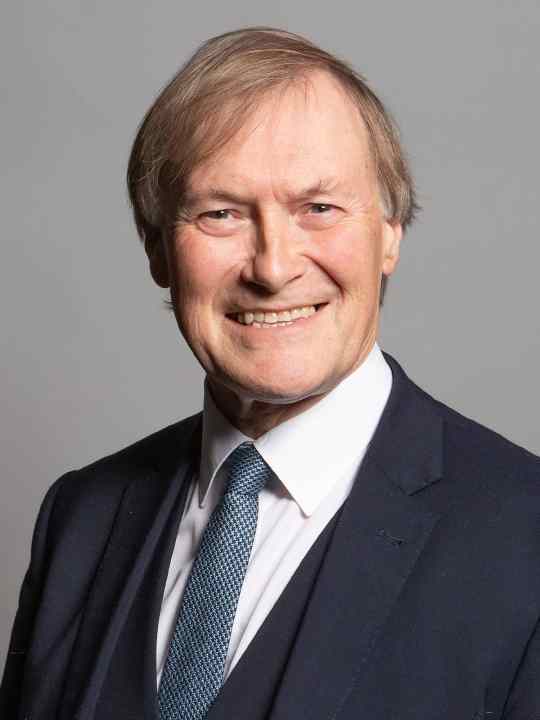Boris Johnson announced this afternoon that Southend will receive city status as a tribute to the campaigning work of Sir David Amess, who was killed. Sir David’s best known Commons contributing was Inserting Southend’s bid to become a city into any question, no matter how tenuous, and it seemed an inevitable way of the government marking his death.
MPs paying their respects to the Southend West MP have all focused on his dedication to his constituency, but also on his kindness. Johnson told the chamber that ‘he was… one of the nicest, kindest, and most gentle individuals ever to grace these benches’. Everyone mentioned his smile and his sense of humour. The way he conducted himself had made an impression on MPs across the House: a particularly passionate tribute came from from the Labour MP Mike Kane, who spoke about the way Amess’s politics had been driven by his Catholic faith. Keir Starmer also highlighted the way that ‘David held his beliefs passionately but gently’, adding: ‘I believe that not only can we learn from that but that we have a duty to do so.’
It is a cruel truth that both Amess and Jo Cox were particularly strong embodiments of the very opposite of what terrorists want to achieve. Cox’s words that we have ‘more in common than that which divides us’ became her legacy, while Amess had cross-party friendships and an ability to hold strong and sometimes controversial views without seeking to upset others or poison debate. It is clearly a huge challenge for politics, because in the five years since Cox died, the vitriol in politics has continued, both between politicians and towards them from those outside. Many of the tributes have referenced not just the need for greater civility within politics, but also a need to stop hate, on- and offline. Amess’s close friend Mark Francois told the Commons that there would be cross-party support to toughen up the Online Harms Bill and that the government should ‘make’ social media companies clean up their act if they refused to do so themselves.
A particularly passionate tribute came from from the Labour MP Mike Kane, who spoke about the way Amess’s politics had been driven by his Catholic faith
But what stood out very clearly from this session, too, was the determination of many of Amess’s colleagues that his death would not stop MPs from carrying out their public service. Starmer vowed that the House should ‘use the memory of Sir David’s life and passions to nourish it, to recommit ourselves in standing for the things that he stood for, the things the extremists will never comprehend’. Johnson urged people to ‘never allow those who commit acts of evil to triumph over the democracy and the Parliament that Sir David Amess loved so much’. The Prime Minister insisted that ‘this country needs people like Sir David, this House needs people like Sir David, our politics needs people like Sir David’. MPs from across the House will miss talking to him as they go about their days. But they are also shaken that the case for a more civil politics has had to be restated again because of another horrific death among their number.








Comments